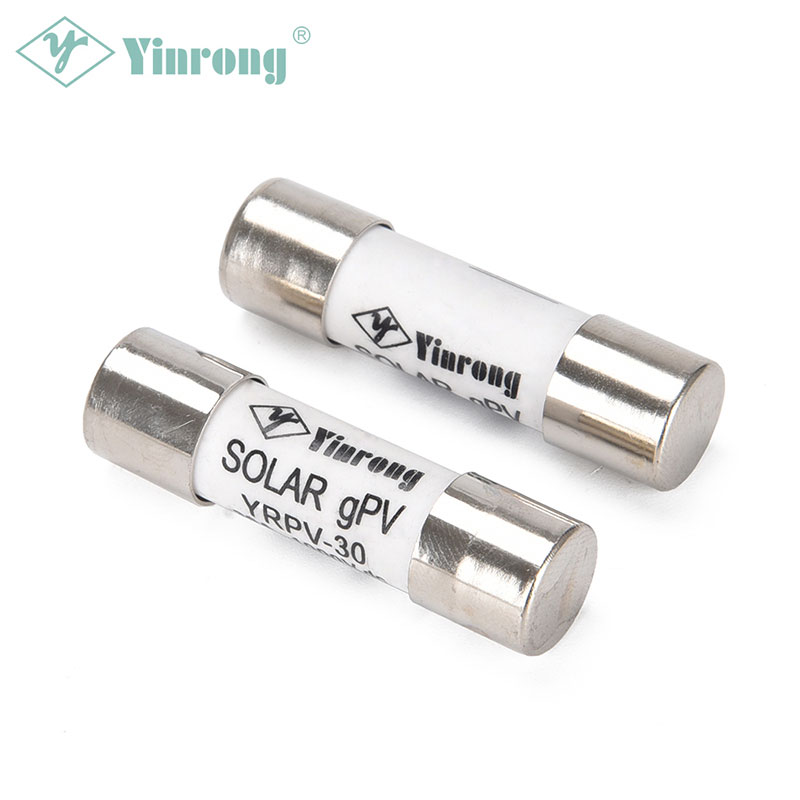How Do PV Fuses Ensure Safe and Reliable Solar Power Systems?
2024-12-26
As the world transitions toward renewable energy, solar power systems have become increasingly prevalent. While these systems are efficient and environmentally friendly, they require robust safety measures to function optimally. One critical component in solar power protection is the PV (photovoltaic) fuse. But what role does it play, and why is it essential? Let’s dive in.
1. What Is a PV Fuse and How Does It Work?
A PV fuse is specifically designed to protect solar power systems from overcurrent conditions. Unlike standard fuses, PV fuses are built to handle the unique electrical characteristics of solar panels, such as high DC voltages and fluctuating currents. When the current exceeds safe limits, the fuse interrupts the circuit, preventing damage to components and ensuring safety.
2. Why Is a PV Fuse Necessary for Solar Systems?
Solar panels generate direct current (DC) electricity, which behaves differently from alternating current (AC). DC arcs are harder to extinguish and can cause significant damage if left unchecked. PV fuses are engineered to break these arcs quickly, protecting sensitive equipment like inverters, wiring, and the panels themselves.
3. How Does It Support System Reliability?
By preventing overcurrent conditions, PV fuses help maintain the longevity and performance of solar power systems. They minimize downtime by isolating faults, allowing for quick and targeted repairs without affecting the entire system.
4. What Makes PV Fuses Different from Standard Fuses?
PV fuses are tailored for solar applications, offering:
- High Voltage Ratings: Typically designed for voltages up to 1500V DC to match solar panel outputs.
- Temperature Resistance: Able to operate in extreme temperatures common in outdoor solar installations.
- Long Lifespan: Built to withstand the demands of continuous solar energy production.
5. Where Are PV Fuses Used?
PV fuses are installed in various parts of a solar power system, including:
- Combiner Boxes: Where multiple strings of solar panels converge.
- Inverters: To protect the critical conversion of DC to AC.
- Battery Storage Units: Ensuring safe energy storage and discharge.
6. How to Choose the Right PV Fuse?
Selecting the appropriate PV fuse depends on factors like system voltage, current ratings, and environmental conditions. It’s essential to work with certified products that comply with industry standards such as UL 248-19 or IEC 60269-6.
Final Thoughts
PV fuses play a pivotal role in the safety and efficiency of solar power systems. By protecting against overcurrent and ensuring reliable operation, they are indispensable in maximizing the benefits of renewable energy.



